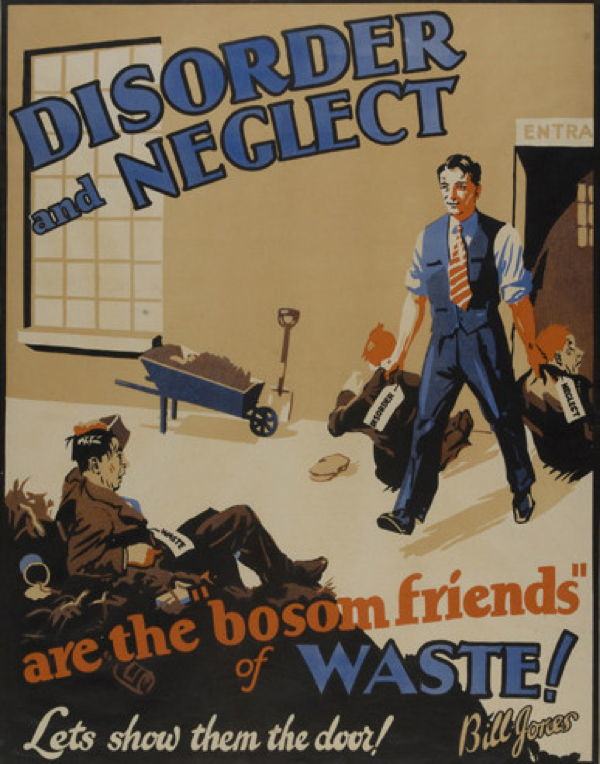How Millennials Became So Cool With “The Whole Gay Thing”

The Article: From ‘No Homo’ to ‘Yeah, Bro’: How Gen-Y Became So Cool With ‘the Whole Gay Thing’ by Jonathan Lovitz in The Huffington Post.
The Text: Think of your ten best guy friends: the dudes you grab a beer with, play ball with, get high with and have been there for some of the best nights of your life. You’ve probably known some of them since middle school, and probably had sleepovers with when you were kids — well, the truth is at least one of them is gay. If you were our age and reading this ten years ago, that would have probably hit you like a ton of bricks, and less like the gentle thud you probably felt.
You know you know gay people. You realize by now that they’re all around. You’ve been on baseball teams and in locker rooms and rushed frats together. Whatever your religious take on them, we, as the impossible to define bunch known as Gen-Y, have become increasingly cool with our gay brothers and friends. We’ve ditched “no homo” for “yeah, bro” when hanging with our openly gay friends, and we’re civilized enough to know that the “F” word makes us look even more absurd than when your crazy uncle throws the “N” word around after three drinks at Thanksgiving.



























